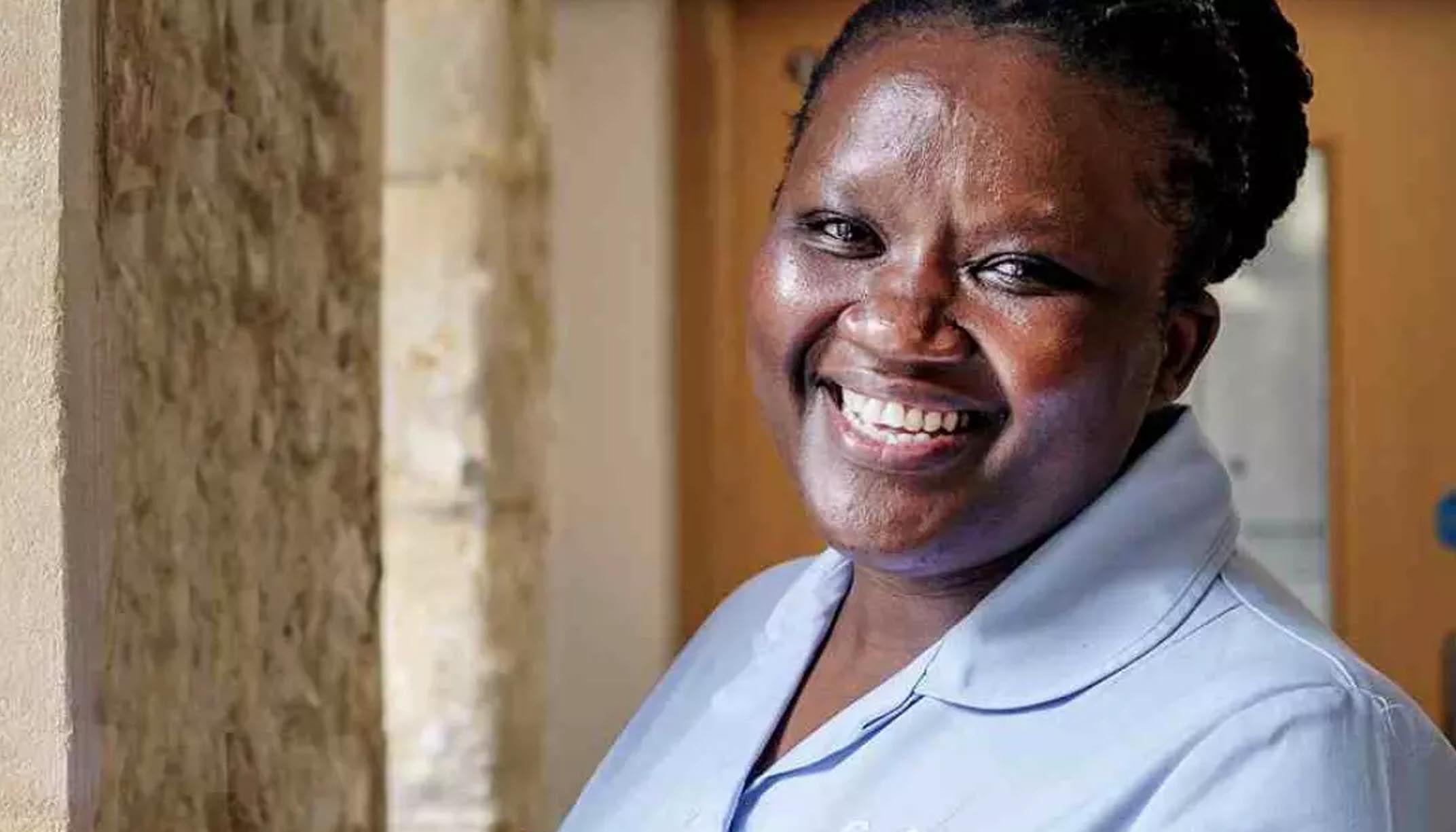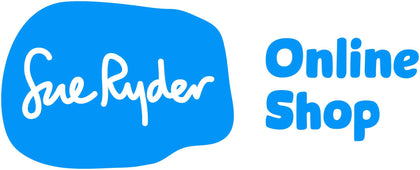Introduction
Sue Ryder is a national charity providing health and social care in our hospices and neurological care centres, and in the community. Sue Ryder raises money to fund its services from various sources including its charity shops. Our shops sell donated stock as well as new goods which are sourced by our trading subsidiary, Sue Ryder Direct Ltd.
Organisation structure and supply chains
We are committed to ensuring that there is no modern slavery or human trafficking in our supply chains or in any part of our business. This statement reflects our commitment to act ethically and with integrity in all our business relationships and to implementing and enforcing effective systems and controls to ensure slavery and human trafficking is not taking place anywhere in our supply chains.
Sue Ryder purchases new goods, such as children’s toys, furniture and other homeware products, through its trading subsidiary Sue Ryder Direct Ltd for its retail chain and its online shop. We use suppliers (agents) to source and provide these goods made in China and Malaysia.
Policies in Relation to Slavery and Human Trafficking
At Sue Ryder we are committed to be a responsible business. We continually strive to work with suppliers who share the same values.
Policies that concern business relationships:
- Recruitment policy
- Procurement policy
- Whistle-blowing procedures
- Anti-Slavery and Human Trafficking Policy
- Anti-fraud, Bribery and Corruption Policy
- Workplace Relationships – policy and procedure
- Values and Behaviours (expected of our staff)
In keeping with our commitment to act with integrity in all our business dealings, we recognise that we purchase products from countries where human rights are an issue of particular concern.
Our agreements with our overseas agents and suppliers who source new goods include a section on Modern Slavery and refer to our Anti-Slavery and Human Trafficking Policy which is included with the agreements. The Agents confirm that:
The end suppliers have signed a code of conduct which includes the Anti-Slavery Policy;
The Anti-Slavery Policy has been added to their quality control check list, and they will report on it;
They will ensure that an annual third party social responsibility audit will be carried out, the results of which will be provided to us.
We ask our Agents to provide us with the audits in respect of all the factories where they source goods on our behalf.
Terms and conditions with our UK and European suppliers who source new goods from overseas also include a section on Modern Slavery and reference to our Anti-Slavery Policy. These agreements ask the supplier to provide us with a statement confirming that they have complied with our policy and to set out what steps they have taken to assure themselves that there is no modern slavery in their supply chain. We write to our UK and European suppliers of the New Goods annually to ask them for their statements.
We also actively encourage employee engagement, representation, dialogue and the ability of an employee to raise potential concerns or grievances.
Risk Assessment and Due Diligence Processes
Due diligence forms are completed in respect of major suppliers. We have identified that the purchasing of new goods for sale in our charity shops, which are sourced from countries which are identified as using child labour and forced labour in their manufacturing industries, are areas of particular concern.
We are now reviewing our supply chain for new goods using a third party, Verisio Ltd. (www.veriso.com), to evaluate human trafficking risks and slavery risks and we are currently conducting supplier self-assessments and reviewing audits which cover all aspects of the supply chain including safety, human trafficking, child labour and other legal requirements
Our due diligence and reviews are to include:
Understanding and mapping the supply chain broadly to assess particular products or geographical risks of modern slavery and human trafficking.
Evaluating the modern slavery and human trafficking risks of each new supplier. This is to be achieved through supplier self-assessment processes and auditing.
Looking to conduct supplier audits using accredited third-party supplier auditors.
Invoking sanctions against suppliers that fail to improve their performance in line with an action plan.
Key Performance Indicators to Measure Effectiveness of Steps Being Taken
Due to our new process being implemented we have an ongoing assessment with progress tracked.
Our aim is to have all of our suppliers at a minimum Medium Risk or lower.
Training on Modern Slavery and Trafficking
All personnel as part of their induction have to read the Anti-Slavery and Human Trafficking Policy.
An e-learning module will be developed shortly on anti-fraud and corruption and this will contain a section on modern slavery and human trafficking. This will need to be completed by all relevant staff.
This statement is made pursuant to section 54(1) of the Modern Slavery Act and constitutes our Slavery and Human Trafficking Statement for the financial year ending 31st March 2019.

